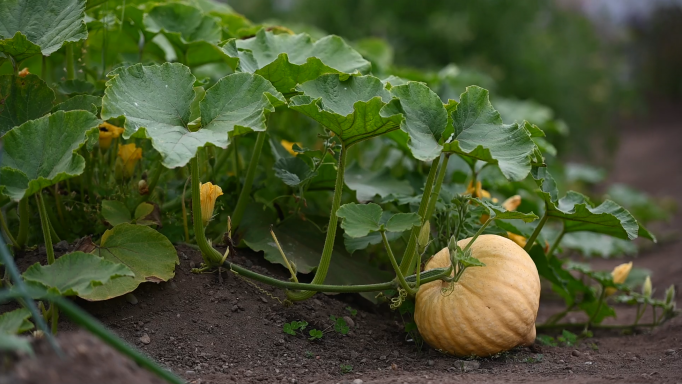Amidst the walls of Washington State Department of Corrections facilities, a transformative program has taken root, nurturing not just gardens but also the spirits of incarcerated individuals. As part of the Sustainability in Prisons Project (SPP), this project aims to reconnect individuals with the natural world, fostering mental health, rehabilitation, and a sense of community that transcends the confines of their cells.
“Education, for me, has been the single most important aspect of my prison experience,” said Mason Thomas, an incarcerated Individual as Stafford Creek Correctional Center (SCCC). “The garden curriculum offered through SPP at Stafford Creek has been a quality educational experience that provides knowledge applicable to real life after release.”
However, what sets this program apart is its profound impact on the larger community. The harvests reaped from these prison gardens are not for personal gain but are donated to local food banks, nurturing a positive connection with society. A variety of different produce is donated throughout the course of the year ranging from watermelon to bok choy to squash. Donations are made to food banks weekly. SCCC's biggest donation this year was nearly 1,500 pounds of produce. Even from behind bars, these individuals become productive and helpful members of their community, using their time not only to better themselves but also to make amends with those they once harmed.
“The incarcerated individuals in this program are happy and eager to help the community,” said Toni Grun, the Grounds and Nursery Supervisor at SCCC. “They truly enjoy the program and love seeing their hard work go to a good cause.”
In a world where the hustle and bustle often drowns out nature's whispers, this program offers incarcerated individuals a lifeline to the environment. Through gardening, and other SPP programs like beekeeping and butterfly husbandry, participants rediscover the therapeutic value of a connection with the natural world. Studies have shown that this link to nature significantly improves mental well-being and aids in the rehabilitation process, fostering a sense of belonging that transcends prison boundaries.
“Taking the garden class at SCCC brought back the simpler memories from my childhood of putting hands in the dirt and eating fresh foods from my backyard,” said Lindsay Montgomery, an incarcerated Individual at SCCC.
Beyond the tangible benefits, this initiative equips participants with practical skills that increase their chances of successful reintegration upon release. It strengthens their bond with nature, providing a healing touch in a challenging environment. In the heart of the garden, individuals find not only something to be proud of in the flourishing plants they nurture but also in the nourishment it provides to those less fortunate.
“I think it gives a really great opportunity to show how all our communities are connected, said Benjamin Asaeli, an incarcerated individual at SCCC. “Our outside communities, people might not be as social, but this really gives us the opportunity and space to give back to our communities. It makes me feel great that I can be a part of that process. Whenever you give people the opportunity to show that we're better than our worst days, I think that is the key to healing individually and for everybody that we are connected to.”
This program exemplifies the power of nature, community, and redemption in the pursuit of rehabilitation and a brighter future. Last year, facilities donated nearly seventy thousand pounds of fresh produce to food banks throughout the year. This year is expected to beat that number.


